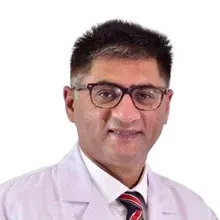Overview of Neuro Onco Surgery Treatment India
Neuro-oncology surgery is a specialized field of medicine that focuses on the surgical treatment of brain and spinal cord tumors. The nervous system of the human body involves both the brain and spinal cord. In this type of treatment, the tumor cells of the nervous system are treated. The tumor forms in the brain and spinal cord are treated with surgical procedure. Brain tumors are mostly rare as compared to lung tumors, kidney tumors, breast tumors and prostate tumors but they may cause severe physical and cognitive disabilities and are considered as a life threatening situation. They can be formed at any age but mostly they are present in the children. The most common type of brain tumor is gliomas, followed by meningiomas and then pituitary tumors and others. The survival rate from brain tumors usually depends on the age of the patient at the time of diagnosis and the extent of tumor cells in the brain. Neuro-onco surgery treatments work best for the patient in which the brain tumor is in the initial stages of the disease. The type of treatment chosen for the patient usually depends on the response of the patient to the particular treatment. The type of surgery used depends on various factors, including the type, size, and location of the tumor. When the tumor cells grow aggressively then they become incurable and the surgical treatment is done to just relieve the symptoms of the patient and to increase the overall quality of life of the patient.
Types of Neuro Onco Surgery Treatment India
Here are some common types of neuro-oncology surgery treatments:
- Biopsy
- Craniotomy
- Resection
- Debulking
- Shunt placement
- Stereotactic surgery
- Awake craniotomy
Biopsy
This procedure involves removing a small sample of tumor tissue for diagnosis and determining the tumor type. This is useful in planning the treatment according to the nature of tumor cells.
Craniotomy
By removing a portion of the skull, a craniotomy allows surgical access to the brain and facilitates tumor removal. The objective is to minimize damage to healthy brain tissue while maximizing tumor removal.
Brain or Spinal Tumor Resection
This surgery involves the removal of tumors located within the brain and spinal cord or along the spinal column. It also involves the removal of surrounding healthy tissue. The aim is to extract as much of the tumor as possible while preserving the neurological function.
Debulking
In situations where complete tumor removal is not achievable due to size or location, debulking surgery is performed. It involves removing a portion of the tumor to reduce its size that alleviates symptoms. After the surgery other treatments like radiation therapy or chemotherapy is used for remaining tumor cells.
Shunt Placement
Certain brain tumors can cause increased production of cerebrospinal fluid (CSF) that leads to increased pressure in the brain. Shunt placement involves inserting a tube to redirect and drain the excess fluid from the brain. This surgery helps in relieving pressure and facilitating CSF absorption.
Stereotactic Surgery
This technique involves advanced imaging and computer-guided methods that precisely target brain tumors in three dimensions. It allows for accurate localization and removal of tumors. This surgery provides minimum harm to healthy tissue.
Awake Craniotomy
When tumors are located near critical brain regions, an awake craniotomy may be performed. The patient remains awake during the surgery that enables real-time monitoring of neurological function to preserve the vital areas of the brain from damage.
Decompressive Laminectomy
When spinal cord tumors cause compression and narrowing of the spinal canal through which the nerves pass, a decompressive laminectomy may be performed. It involves removing part of the vertebral bone to relieve pressure on the spinal cord and nerves.
Diagnosis of Neuro Onco Surgery Treatment India
The diagnosis of neuro-oncology surgery involves the following steps:
Medical history assessment: including symptoms and previous medical conditions.
Neurological examination: to evaluate signs of a tumor.
Imaging studies: such as MRI, CT scan, or PET scan to visualize and locate the tumor.
Biopsy: where a tissue sample is obtained for definitive diagnosis.
Molecular testing: of the tumor tissue to identify genetic or molecular alterations.
Analysis of cerebrospinal fluid (CSF) in some cases.
Consultation: with surgeon and physician to review results and determine the treatment plan.
Cost of neuro-onco surgery treatment in India:
The cost of neuro-onco surgery treatment in India ranges from 2000 USD to 4000 USD. The cost may vary from individual to individual because each patient has a unique size and location of the tumor in the brain or spinal cord. It may also vary according to the complications presented during or after surgery and the skills of the surgeon.
Cost of different neuro-onco surgery treatment in India:
| Treatment Costs in India |
Min in USD |
Max in USD |
| Brain Tumor Surgery |
2131 USD |
2841 USD |
| Spine Tumor Surgery |
2397 USD |
3196 USD |
| Craniotomy Surgery |
3516 USD |
4688 USD |
| Others |
4000 USD |
6000 USD |
Symptoms and Risk factors
Some of the conditions in which the neuro-onco surgery treatment is indicated are:
- Diagnostic biopsy
- Symptom relief
- Debulking
- Recurrent tumor management.
- Decompression of neural structures.
- Restoration of cerebrospinal fluid (CSF) flow.
- Palliative care.
- Treatment of high-grade or malignant tumors.
- Management of low-grade or benign tumors causing significant symptoms or growth.
- Addressing neurological deficits or impairments caused by tumors.
- Managing seizures unresponsive to medical management.
- Addressing hydrocephalus caused by tumors.
- Management of visual disturbances or impairment caused by tumors.
- Addressing hormonal imbalances or endocrine dysfunction caused by tumors.
- Managing cranial nerve dysfunction or compression caused by tumors.
- Addressing spinal cord compression or instability caused by tumors.
- Pediatric tumor management to improve long-term outcomes and quality of life.
- Obtaining tissue for molecular testing and targeted therapies.
- Enhancing the effectiveness of adjuvant therapies such as radiation or chemotherapy.
Risk Factors of Neuro-Onco Surgery Treatment
Infection
There is a risk of developing infections at the surgical site. The infection present in the brain can be a life -threatening condition.
Bleeding
There is a risk of bleeding during surgery or after the closure of incisions and may complicate the recovery process.
Neurological Deficits
The size and location of the tumor can produce some symptoms according to the part of the brain involved such as weakness, sensory changes, or cognitive impairments.
Seizures
Surgery can trigger seizures in some patients, particularly if the tumor is in an area associated with hyperactivity of the brain.
Swelling and Edema
There is a risk of swelling and edema in the brain or spinal cord, which can increase pressure within the skull or spinal canal.
Cerebrospinal Fluid (CSF) Leakage
Surgery can disrupt the normal flow of CSF that leads to the leakage of CSF. This can increase the risk of infection.
Blood Clots
Limited movements and bedridden patients may develop the blood clots in the veins that can travel in the blood vessels and produce symptoms in the major organs like lungs, heart etc.
Overall Health Risks
Patients with other medical conditions such as heart disease, diabetes, or compromised immune function can increase the risk of complications during or after surgery. Proper management should be done in order to lower the complications during recovery.
Top Hospitals for Neuro-Onco surgery in India
Shaping the future of the healthcare institution and establishing the path to accomplishment.
Top Doctors for Neuro-Onco surgery in India
Empower your Health with the Expertise of Leading Medical Professionals.
Dr. Sandeep Vaishya
Department of NeuroSurgery
Executive Director
Book Appointment
Dr Rana Patir Neuro and Spine Surgeon
Department of NeuroSurgery & Neuro and Spine Surgery
Chairman
Book Appointment
Prof. (Col). Dr. Bipin Walia
Department of NeuroSurgery
Consultant
Book Appointment
Dr. Dhruv Chaturvedi
Department of NeuroSurgery
Senior Consultant
Book Appointment
Treatment Costs for Neuro-Onco surgery
Be the change and be an opportunist in transforming healthcare.
How it's Works
Guiding your Journey from Discovery to Treatment Planning and Beyond.
Discovery
Get a consultation to discover about your treatment
Pre-Treatment
Admission to the best hospital and all pre-treatment facilities
Post Treatment
Get post-treatment follow-up care with medicine fulfillment
Treatment Planning
Hassle-free treatment planning with package & cost estimations
in-treatment
world-class quality procedures and equipment for treatment













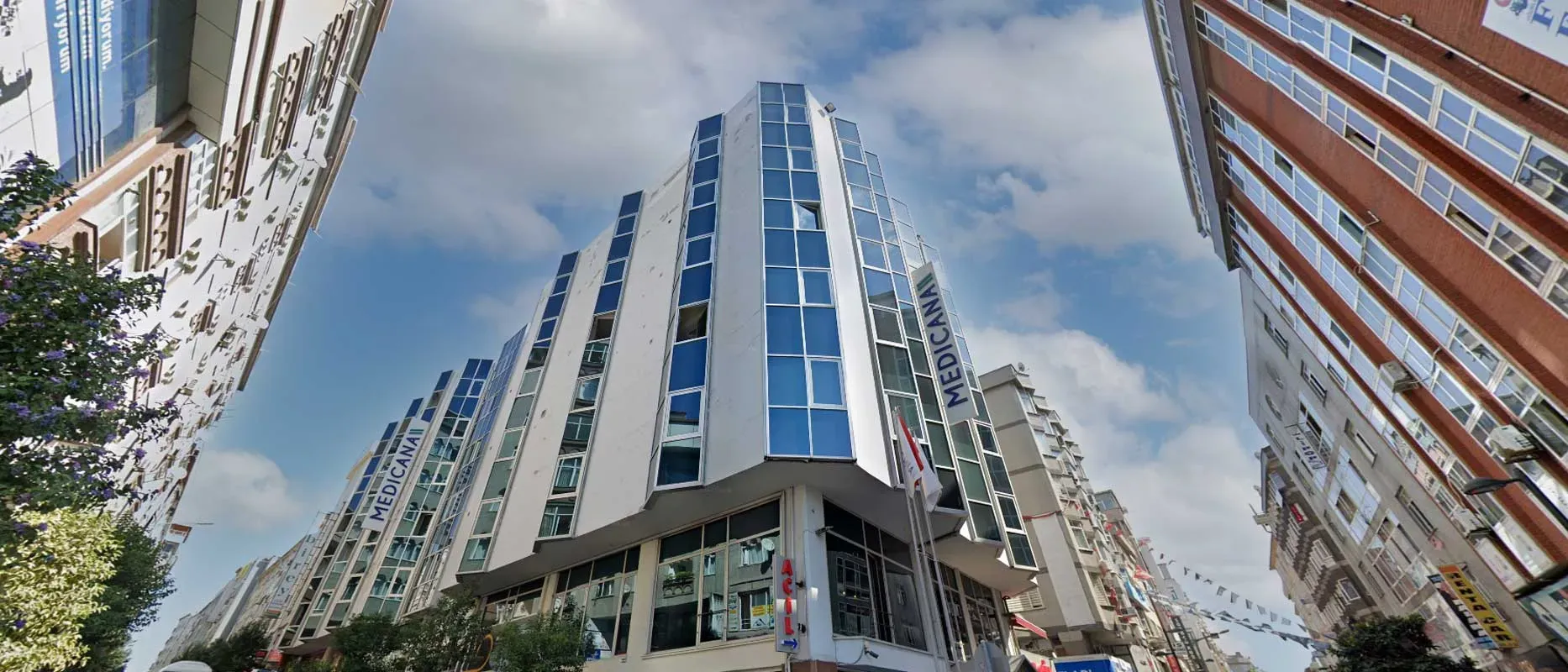
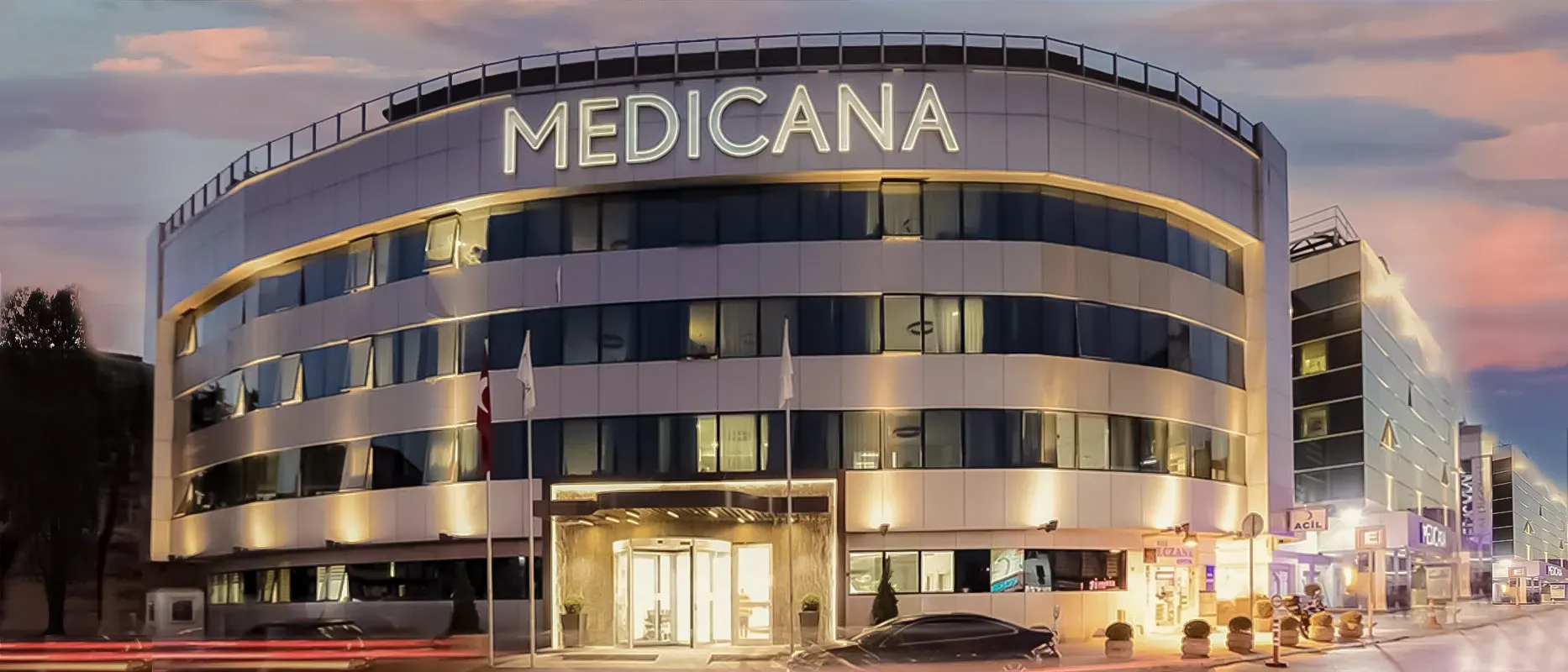
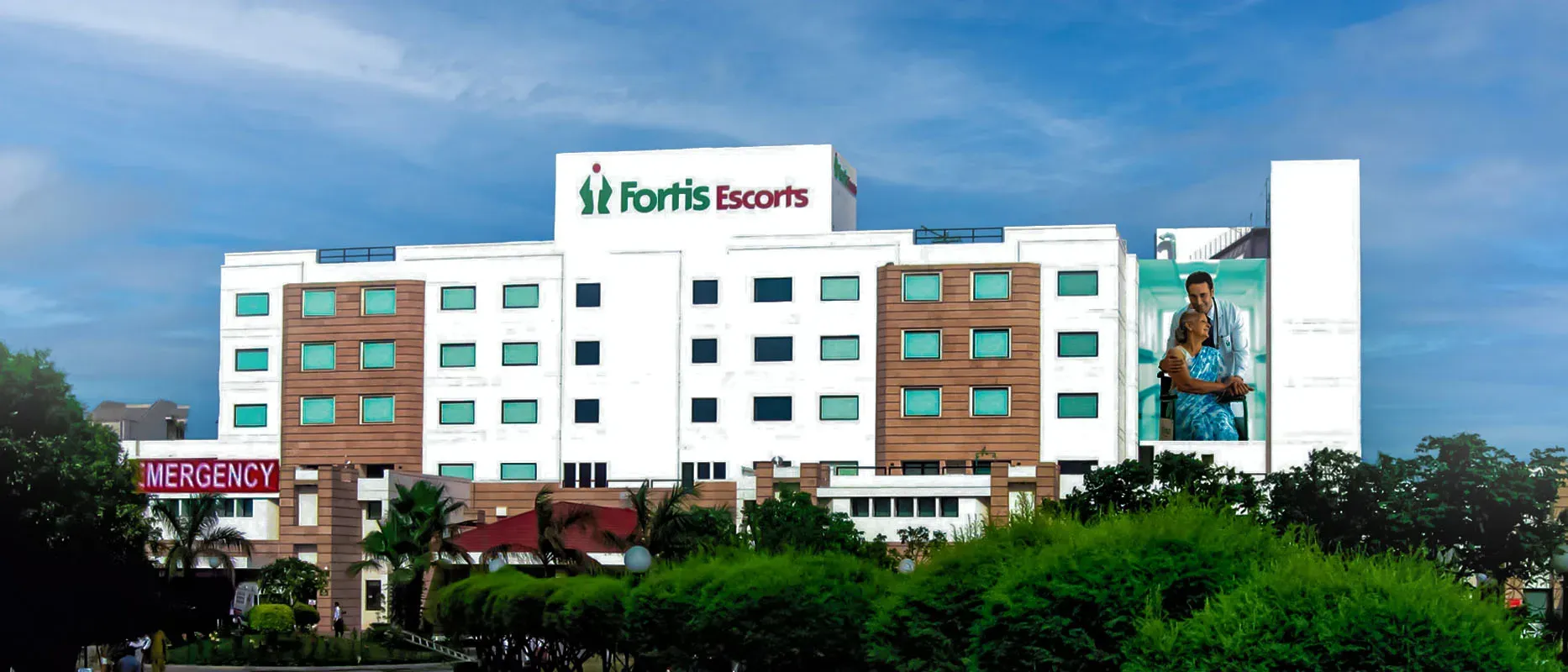
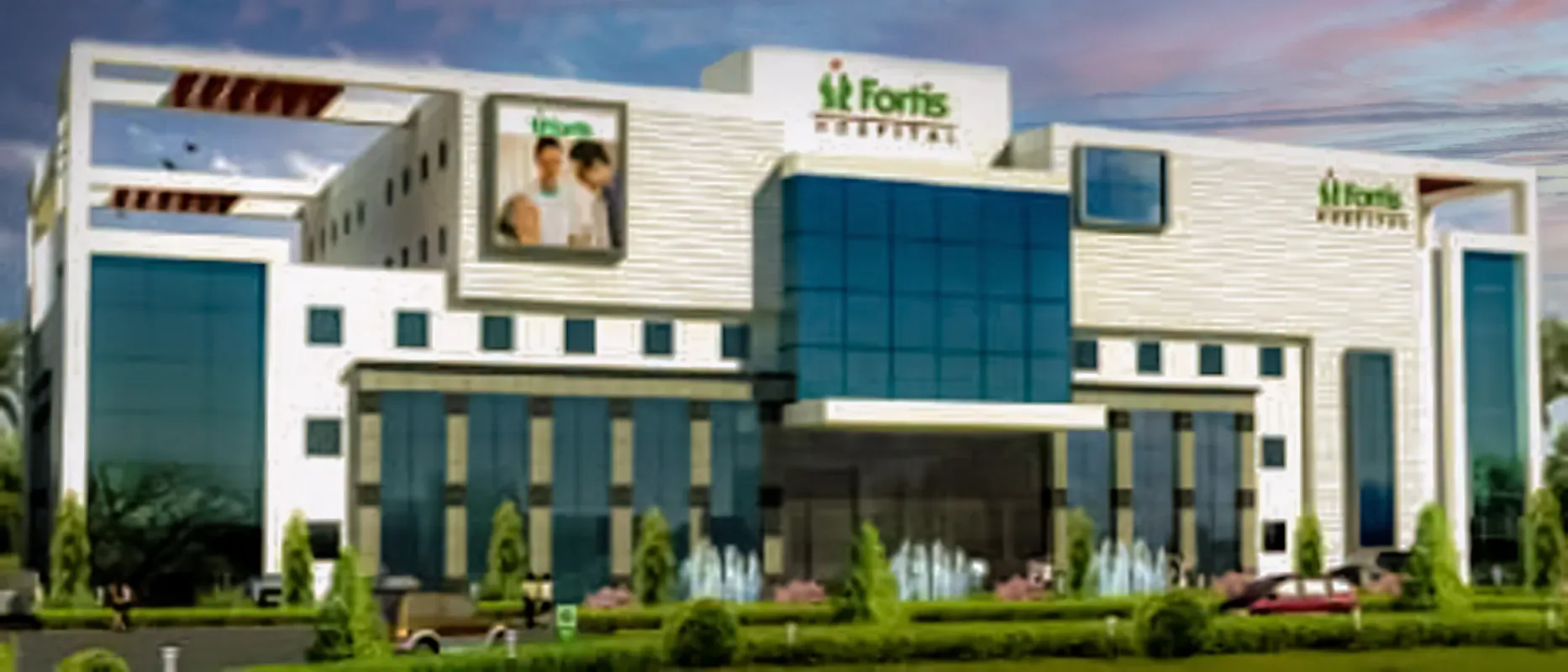


.-dr.-bipin-walia.webp)
